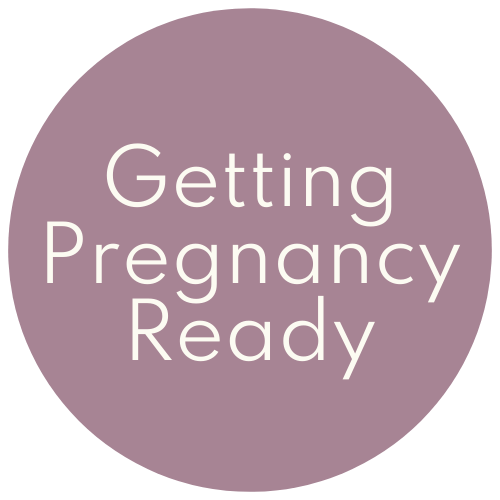This episode of The Fertility Podcast Bitesize is a conversation with Dr. Matt Prior. He is a doctor in Newcastle and an NHS consultant. He’s also one of 143 experts answering more of your questions over at fertially.com- who we’ve worked with to make this bitesize chunk for you. In this episode, Matt explains what tests you can expect prior to starting IVF treatment. Additionally, he talks about the ways you can prepare for your first cycle. And finally, he also explains why it might not work.
Nothing can take away the heartache of a failed cycle. However, hearing an expert validate that it’s not your fault can sometimes ease the pain. Which is why we wanted to share this bitesize snippet.
What we discussed:
- Tests you should expect before starting treatment: 3 most important are an Ultrasound to check the womb, and count follicles, AMH to check egg reserve, Male would have a sperm test to check any issues to make sure you don’t go through collecting eggs and then there is an issue with the sperm. Other tests might check blood – for anemia, and thyroid function, also both partners would be advised to check for Hepatitis and HIV.
- Statistically, first cycle is most likely to work, but IVF isn’t the most successful treatment.
- For most people whatever age – it’s not likely to be successful
- Ahead of IVF take folic acid well, eat a sensible diet, don’t limit the amount of alcohol that you drink, and look at different lifestyle factors.
- It’s important that even if you do take into consideration a change in lifestyle factors if your treatment doesn’t work it’s key not to beat yourself up so that you might not have stuck to the diet that google told you or the book you bought.
- Know that actually, most of it is out of your control and while you can do everything to try and prepare to make the IVF cycle successful, it might not happen.
- Consider IVF as a funnel – of those starting will have an egg collection 95% or nearly all of them will have embryos to transfer.
- 30 to 40% of women become pregnant
- After a positive pregnancy test, about 70 to 80% of women go on and have a baby so really IVF fails the most between embryo transfer and a pregnancy test.
- Issues with embryo grading, putting back a perfect embryo still doesn’t guarantee success
- The transfer process could be problematic
- There could be a problem with the womb lining – there is still a lack of evidence.
Listen to Dr. Matt Prior in our previous talk with him here.
SOCIALS:
Follow The Fertility Podcast on Instagram
Follow FertiAlly on Instagram
Find out more about Dr. Matt Prior








